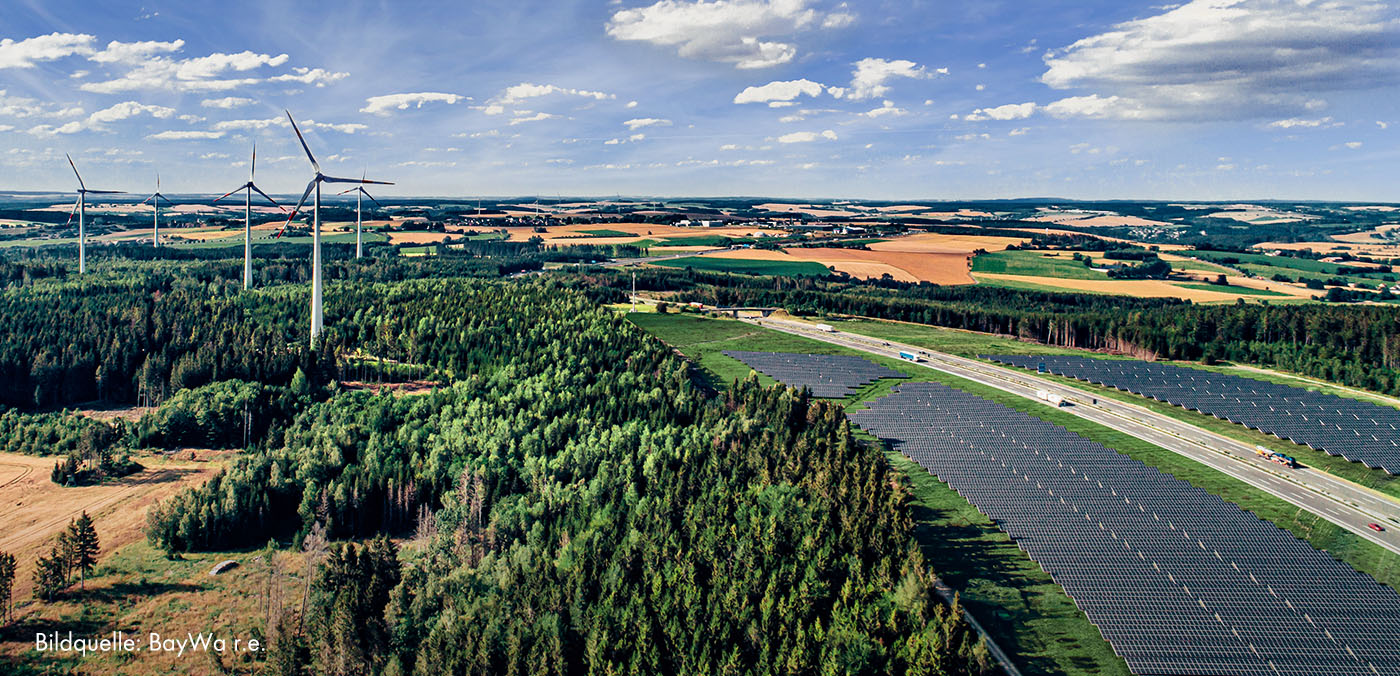Wars and conflicts – Renewable energies are part of the solution

National memorial days such as Veterans Day in the U.S., Remembrance Day in Commonwealth countries or Volkstrauertag in Germany (“People’s day of mourning”), recently commemorated the victims of war and tyranny in many countries around the world. Today, our planet is still anything but a peaceful place. In 2019, there were 358 wars and conflicts worldwide. Often involved are countries from which we obtain oil, gas and coal. In addition to the fight against climate change, this is another important reason to make the world less dependent on fossil fuels as quickly as possible.
Fossil fuels make us dependent…
In 2018, the countries of the European Union imported 58% of their total energy consumption. In Germany, the figure even reached around 64%. Russia was the EU’s main supplier of crude oil, natural gas and coal. Other suppliers included Iraq, Saudi Arabia, Nigeria, Libya and Azerbaijan. These are countries that are involved in wars or conflicts and where political conditions are largely unstable or authoritarian. Some of them are even subject to EU sanctions. Energy imports from such countries are therefore not only questionable in terms of compliance with human rights, environmental and other basic standards, but also risky in terms of supply reliability. In order to guarantee a secure energy supply, the EU countries must continuously import new fuels – and thus make themselves continuously dependent on exporters in their options for action.
… and bring high conflict potential with them
In addition, the conflicts that have been smoldering for months between Greece, Turkey and other states in the southeastern Mediterranean region over the exploitation of gas reserves off Cyprus and the transport of oil and gas to Europe show the high conflict potential that the demand of industrialized countries for fossil fuels brings to already unstable regions. The fight for resources, most of which are oil and gas, was the fourth most common cause of war and conflict in 2019.
A rapid transition to renewable energies would therefore not only contribute to solving the increasingly threatening climate crisis, but also to containing conflicts in crisis regions and weakening authoritarian regimes – but only if energy imports from these regions are not again relied upon to a large extent. However, this is exactly the plan of the German Federal Government’s green hydrogen strategy. Instead of promoting a faster expansion of renewable energies in Germany, the German Federal Government is initiating projects to import green hydrogen from countries such as Morocco or the Democratic Republic of Congo. A recently published study by the Wuppertal Institute shows that this strategy is not only disadvantageous for the countries from which the green hydrogen is to be imported, but also for the German economy.
We need a high proportion of local renewable energies
To me, a high proportion of renewable energy sources local to the consumer seems the right path to a secure and sustainable energy supply. This applies not only to Germany, but also at EU level and beyond, and not just for industrialized countries. Electrification with stand-alone systems based on renewable energies can also defuse the situation in many crisis and conflict regions. After all, access to sustainable and cost-effective energy is a prerequisite for education, development and prosperity.


Feel free to contribute!